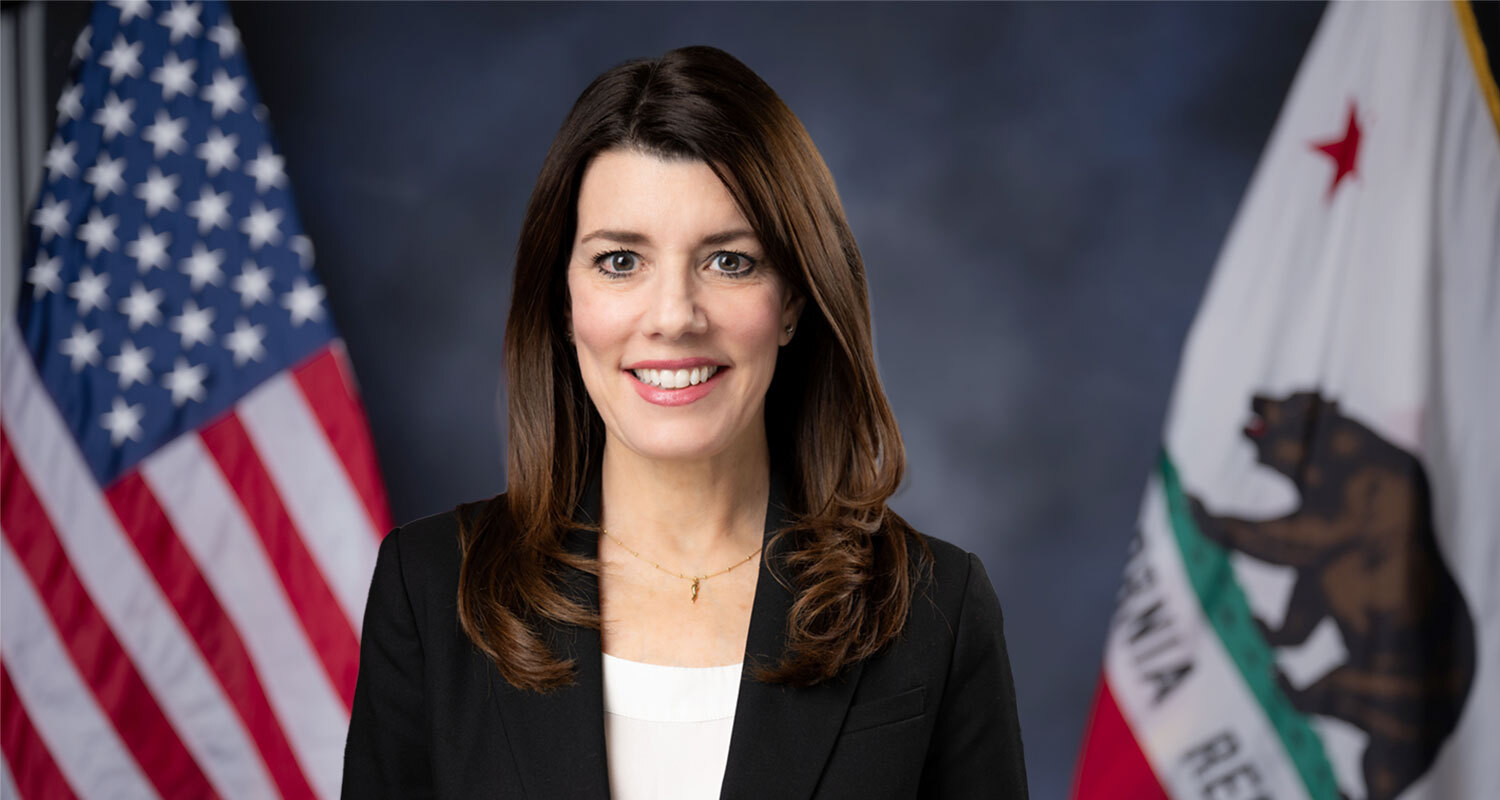Assemblymember Catherine Stefani Introduces Legislation Updating CA’s Public Procurement Policies to Prevent Human Trafficking
SACRAMENTO, CA – Assemblymember Catherine Stefani (D-San Francisco) introduced AB 381, the Human Trafficking Procurement Prevention Act. The bill would prevent human trafficking and forced labor at the source by updating the state’s outdated public procurement process and leveraging the billions of dollars that California spends annually to better protect workers in California and globally.
“Califo...


